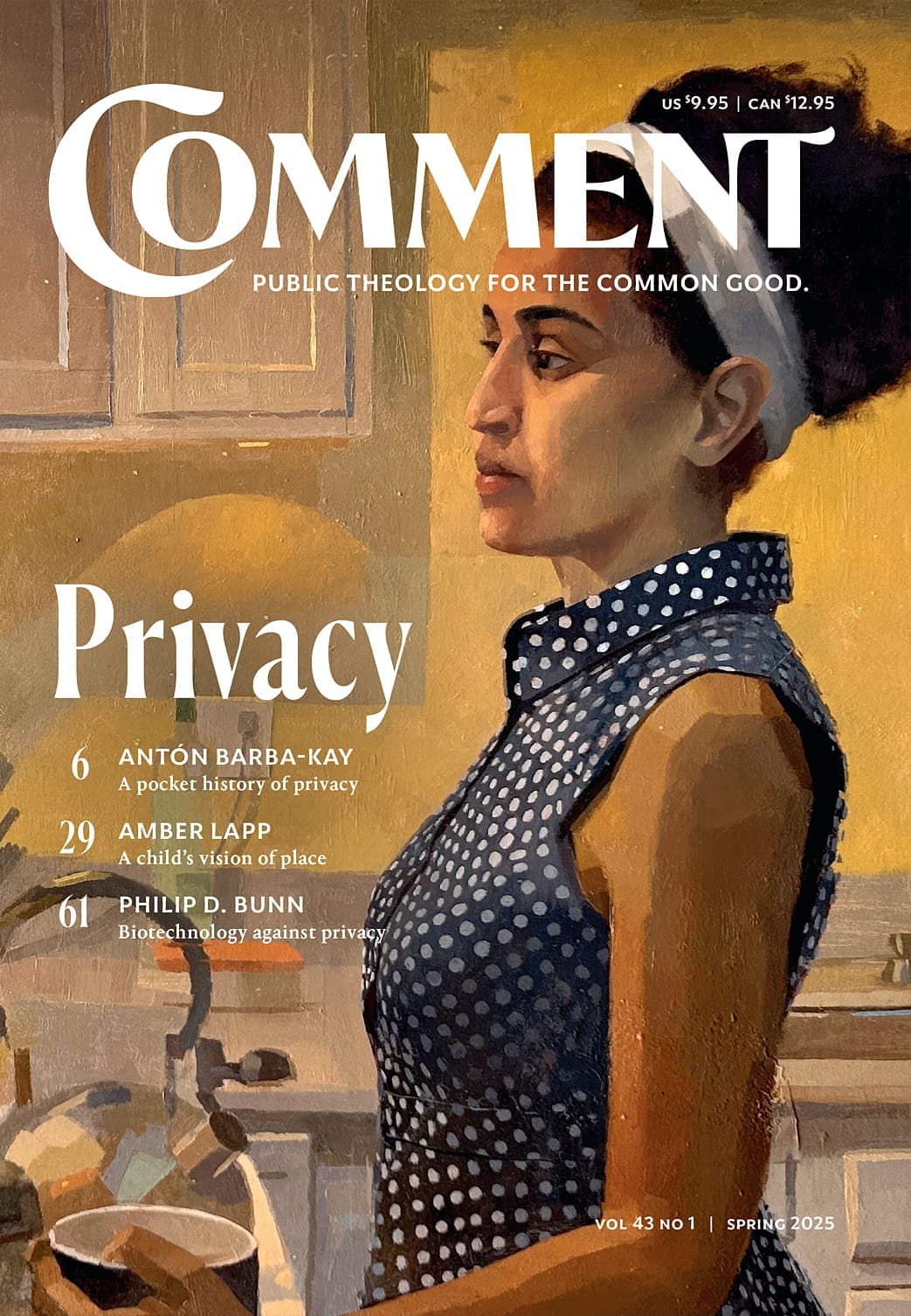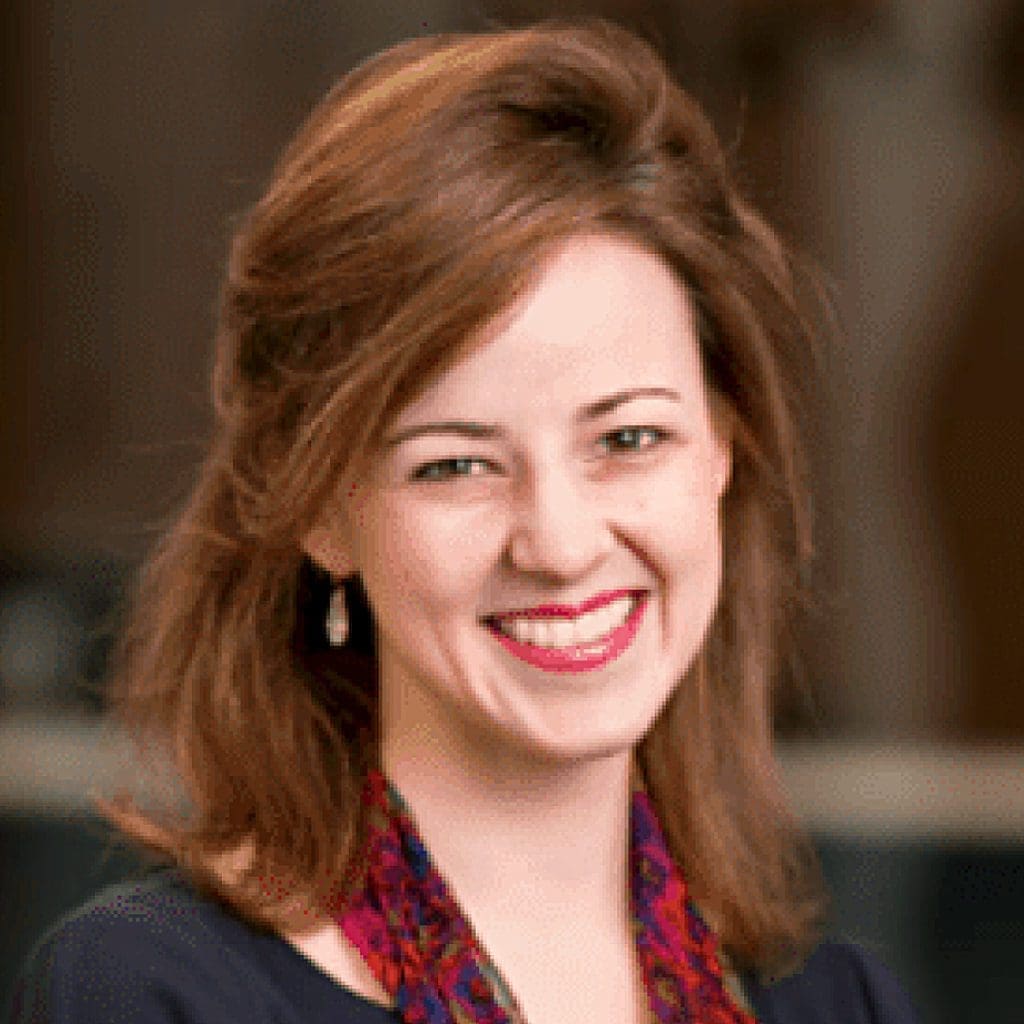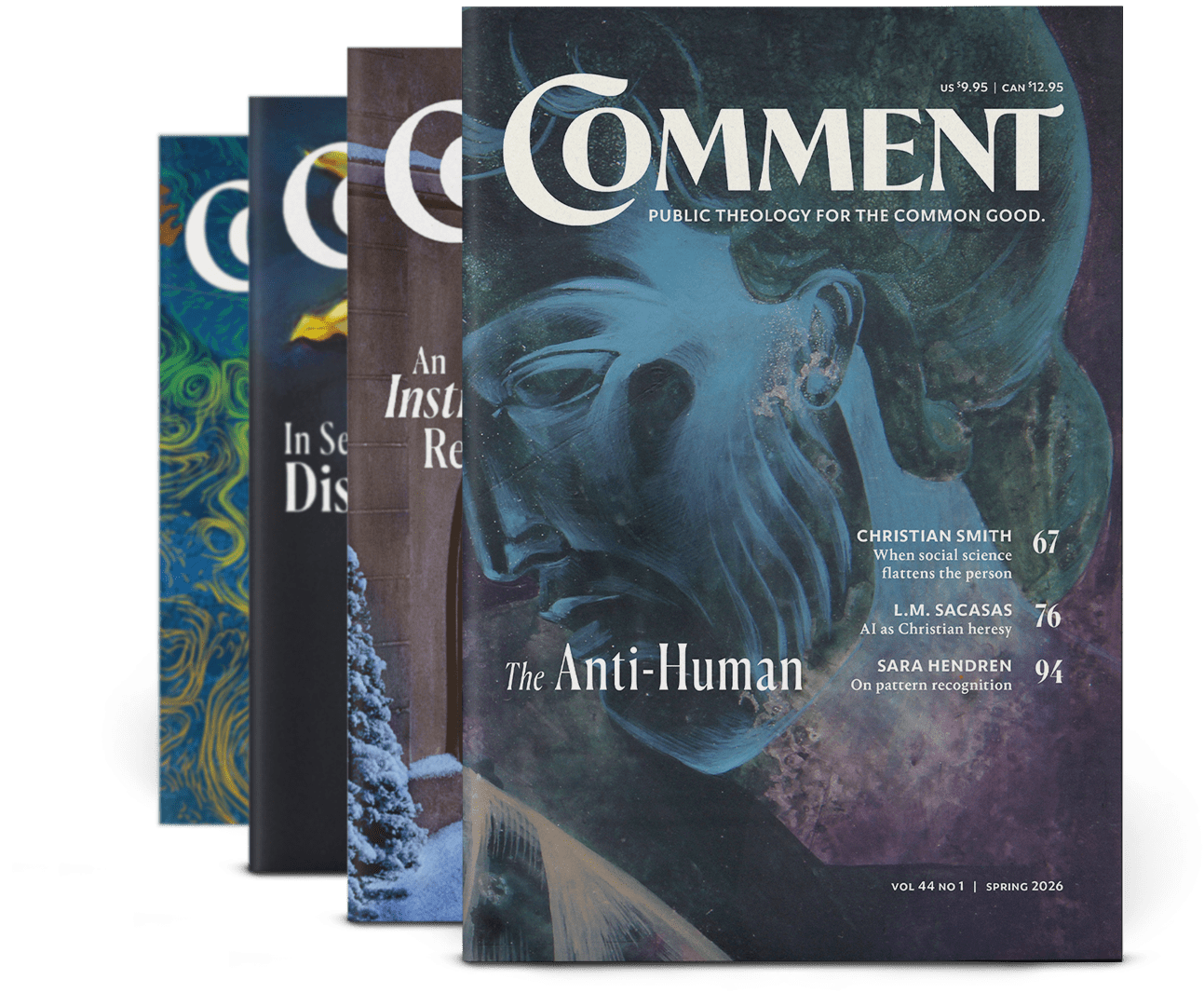I
It occasionally surprises people that, despite working in a public-facing vocation, I have a deep-seated bias toward the private and the hidden. Some of this is a function of formation: I grew up in a family that prized the freedoms and joys of private life. We had a keen eye for the hypocrisies and self-deceptions that appear when some festering reality is exposed to public oxygen. I’ll never forget my father’s words warning me away from Facebook at its onset: “Anne, your generation is selling its privacy so cheaply. In market terms, now is the time to buy it up.”
My inclination may also be gendered, at least in part. I have always been stilled by the line in Luke’s Gospel after the shepherds leave the Holy Family and begin spreading the word about the Christ child: “But Mary treasured up all these things, pondering them in her heart.” There is some refulgent sanctity here, a pearl of poise wrapped in the maternal instinct and, perhaps, centuries in which the more vulnerable sex has evolved to survive and to tend.
And then of course there are the tired dysfunctions of our public life. When North Americans puzzle over the disconnect between hope made real in their local communities and the atmospheric pall of national despair, I’ve tended to chalk it up to scale: human beings have evolved to relate meaningfully to 150 people; when we exceed that “middle ring,” we struggle.
But the trouble may run deeper than an override of our finitude. How much is the technologically enabled drive to go public with our lives—a public that is now global—reshaping how we understand ourselves? Reshaping the moral landscape of our interior lives, our psychological incentives, the very definition and experience of being a person? Have we ceased believing that something of value might lie outside what other people can know and articulate about us, beyond what we can even know about ourselves?
It turns out that many of our notions of private and public are unexamined but directive.
This issue of Comment was commissioned from these questions. It turns out that many of our notions of private and public are unexamined but directive. In my case, I’ve tended to assume that what is public can never be completely honest, that while the public’s ingredients in any given moment inform my trust, it is not the arena where I safely can trust. Meanwhile I put all the precious eggs in the private basket, assuming that what is out of view has a greater chance of preserving the real, leading to repentance and holy generativity. In preparing this issue, I’ve come to wonder whether these dispositional instincts, though not completely unwise, are rooted more in a primordial binary of pure and impure than the complex vintage of maturity and discernment.
I invite you to grow with me in the light cast by the essays in these pages. As Comment prepares to “go public” in an unprecedented way through an ambitious cultural festival at the Washington National Cathedral, a gathering that aims to make visible an ecosystem of Christian humanist thinkers and doers that has until now merely rustled like loose leaves beneath the level of awareness, I—and we—are in need of wisdom. After all, we claim public theology as our birthright. As we have long declared on the inside of our front cover, “This [biblical] story is not a private story reserved for the private delights of Sunday worshippers—it is a public story that touches the whole world.”








